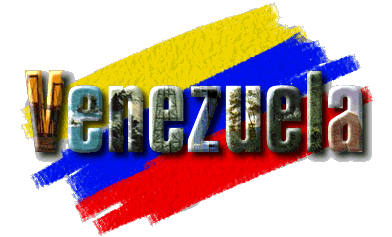Historically, there are two versions about the origin of the name "Venezuela".
One of these versions is attributed to the Italian cartographer Américo Vespucio, who, when he arrived in our country along the northwestern coast (now known as the Gulf of Venezuela) during a Spanish exploration expedition in 1499, observed that the native huts of the Añú indians were built on pillars along the shores of Lake Maracaibo. These houses, called palafitos, reminded Vespucci of the city of Venice in Italy ("Venezia" in Italian), which motivated him to give this area the name of Venezziola or Venezuela (Little Venice).
VENICE, ITALY
PALAFITTES, VENEZUELA
Another version, more nationalistic, says that the origin of the name "Venezuela" is indigenous, known as VENECIUELA, which means in ancient Arawak or Tupi language "place of houses on water" or "big water" because it was a large indigenous population , the Añu Indians, with palafitte dwellings, established in Lake Maracaibo.
However, the first version continues being the most accepted to explain the origin of the name of our country, Venezuela.
